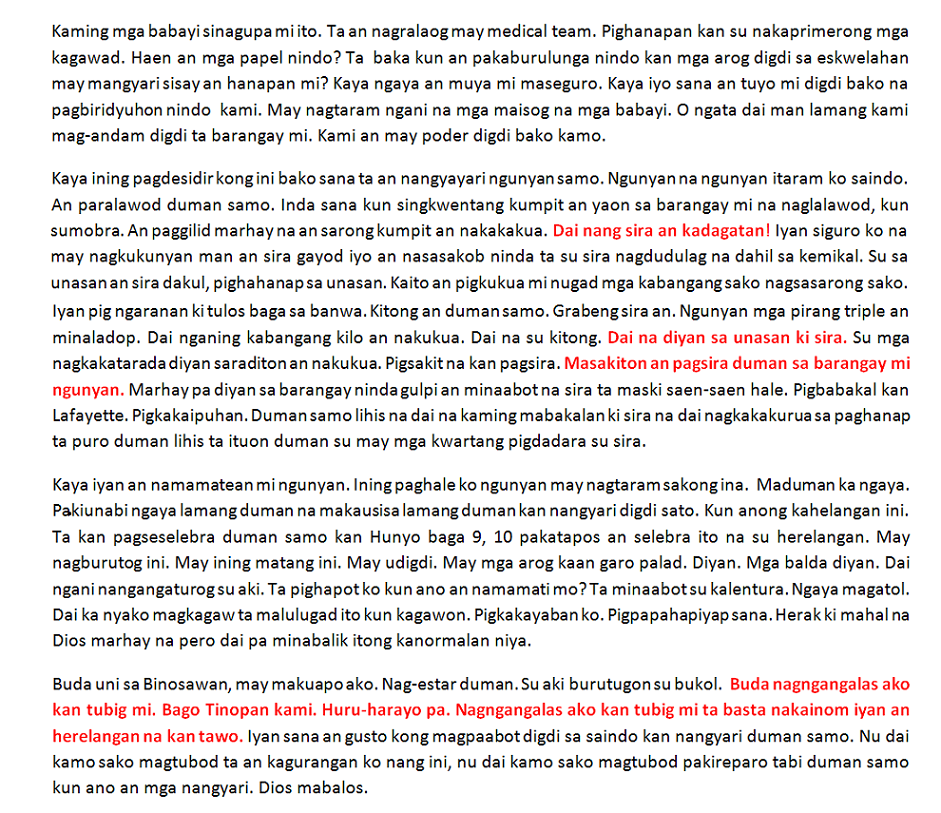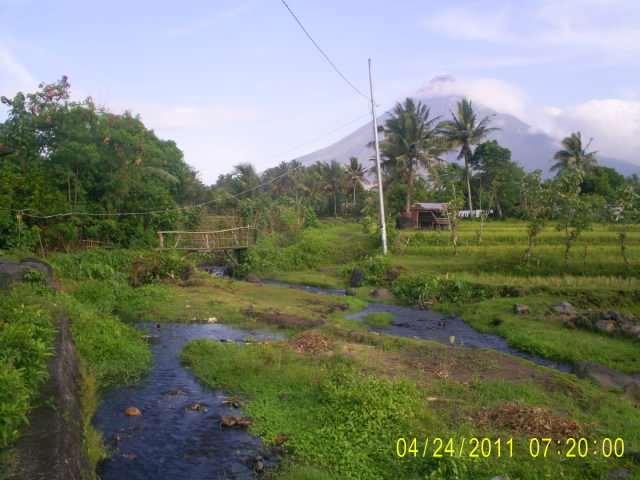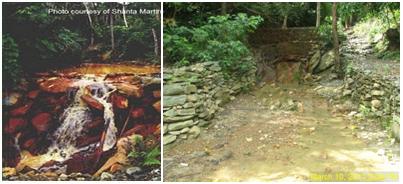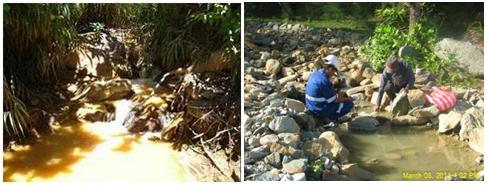Publishing date: Friday, Feb. 22, 2008 (11:51 AM)
Environment and Natural Resources Secretary Lito Atienza today strongly urged holders of foreshore lease agreements to utilize immediately the foreshore areas leased to them by the government and failure to do so will mean cancellation of the agreement.
“Use it or lose it,” Atienza warned foreshore lease holders. “Use it to benefit the people and the country. Lose it if you choose to allow the foreshore to remain idle.”
Foreshore lands are part of the shore which is alternately covered and uncovered by the ebb and flow of the tide.
Atienza said the principle of “use it or lose it” will soon be institutionalized by the DENR. “A forthcoming Department policy will include a proviso about the utilization and development of the foreshore area almost immediately after the approval of the agreement to benefit both the holder and the public.”
The DENR chief warned holder of lease agreements that the foreshore areas they had sought should not remain idle. “The lease agreement should not only be confined in safety vaults. Unproductive foreshore areas already leased by the government can be cancelled,” Atienza said.
Atienza explained that foreshore areas hold economic potential and could provide livelihood to millions of Filipinos. The income generated by these areas, he added, will boost the revenue of local and national governments.
The DENR chief expressed concern over reports on the absence of any improvement or development on some foreshore areas while some areas have been fenced off thereby barring public access.
“Foreshore areas should be developed for the benefit of the surrounding communities, as well as for economic good,” Atienza pointed out. He added that closing foreshore areas to the public is illegal.
He also ordered DENR field offices to conduct an inventory of foreshore lands and foreshore agreements and reminded them to be extra vigilant on issues of illegal titling of foreshore areas.
In another development, Atienza has ordered proponents of Rapu-Rapu Polymetallic Project in Albay to set aside at least P137 million to ensure the implementation of all environmental, social development and rehabilitation commitments of the company under its contract with the government.
“I am aware that the proponents of the Rapu-Rapu mine have filed a Petition for Rehabilitation with the court, but let me emphasize that this does not excuse them from any financial, environmental, social, legal, and fiscal obligations under their Mineral Production Sharing Agreement (MPSA) and Mineral Processing Permit (MPP),” Atienza said.
“The Mining Act of 1995 and its implementing rules and regulations have provided such environmental and social safeguards that hold mining companies responsible even in most challenging cases like what Rapu-Rapu faces now. Our laws were designed to ensure that no mine leaves unwanted legacy to the government, the community and the environment, and this I will make sure under my watch.”
It can be recalled that Rapu-Rapu Minerals Inc. (RRMI), Rapu-Rapu Processing Inc. (RRPI) and Lafayette ( Philippines ) Inc., proponents of the polymetallic project and mineral processing plant, filed a Petition for Corporate Rehabilitation before the Pasig Regional Trial Court on February 6, 2007 in a bid to conserve assets in the face of outstanding debts. The companies said the project incurred debts after it ceased operations in November 2005, when cyanide spills shut down the copper and zinc mine for more than a year. ###
































































































































No comments:
Post a Comment